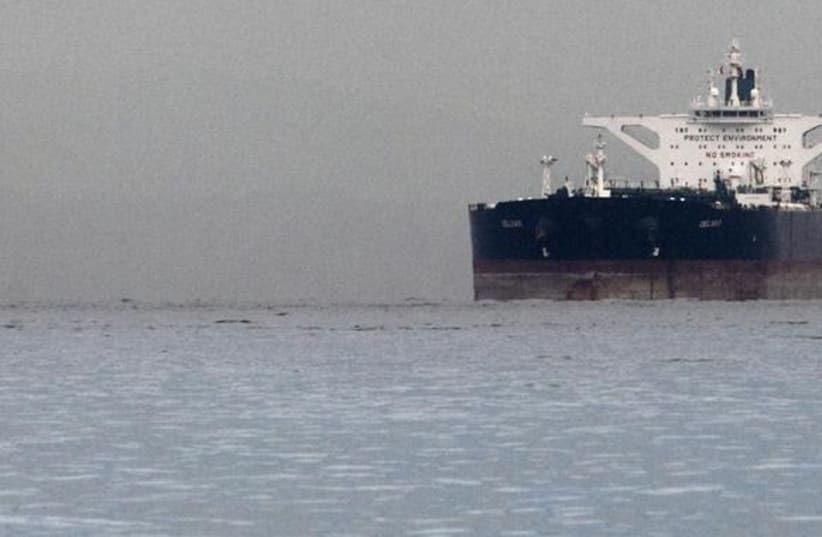Iran’s National Security and Foreign Policy Commission head Heshmatullah Falahatpisha says Iran will get around the US pressure.
He claimed on Wednesday that Iran’s oil sales will “never drop to less than a million barrels a day.” He argues that Iran’s oil sales are determined by bilateral relations and not by Trump or US Secretary of State Mike Pompeo. Iran’s oil production increased by 730,000 barrels per day between the end of 2015 and early 2016.
By May 2016 it reached 3.64 million barrels per day. Reports showed that in April 2016 it was loading 2.3 million barrels per day. That was an increase from 1.3 million a day in the summer of 2015 as sanctions were listed due to the Ira Deal.
The one million figure is thus a point of national pride, and Iran does not want to go back to the difficult days of prior to 2015, which is what the Trump administration has in mind.
Now comes the ultimate test for Tehran. Facing flooding at home, complex international relations and commitments abroad, and with the US designating the IRGC a terrorist organization, the regime must now also fight to keep its oil flowing. Iran wants to use its oil diplomacy to show that it can get around US threats.
Now Washington has a bar with which to measure success: Can it get the exports below one million a day.
